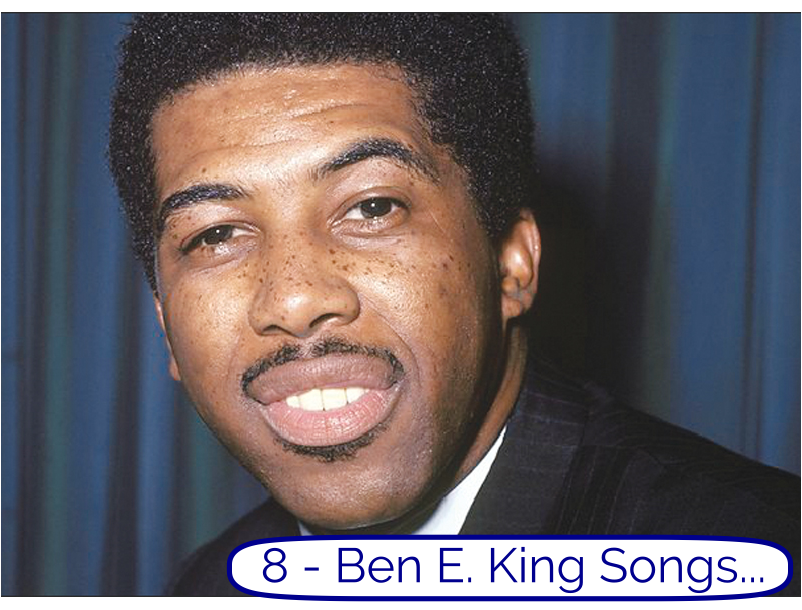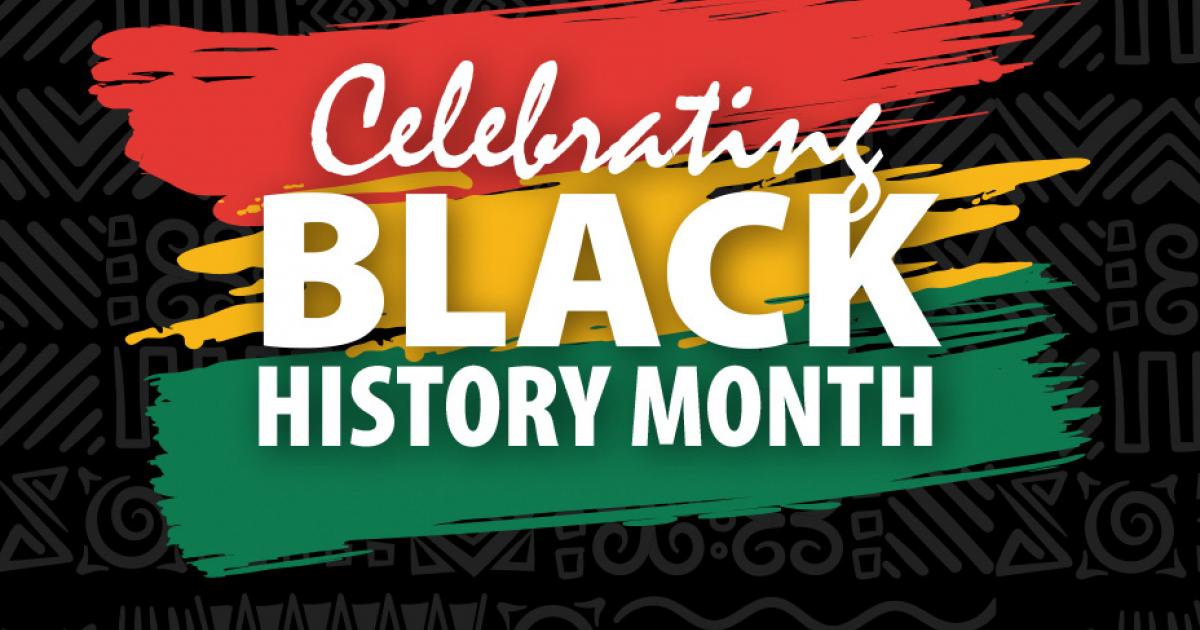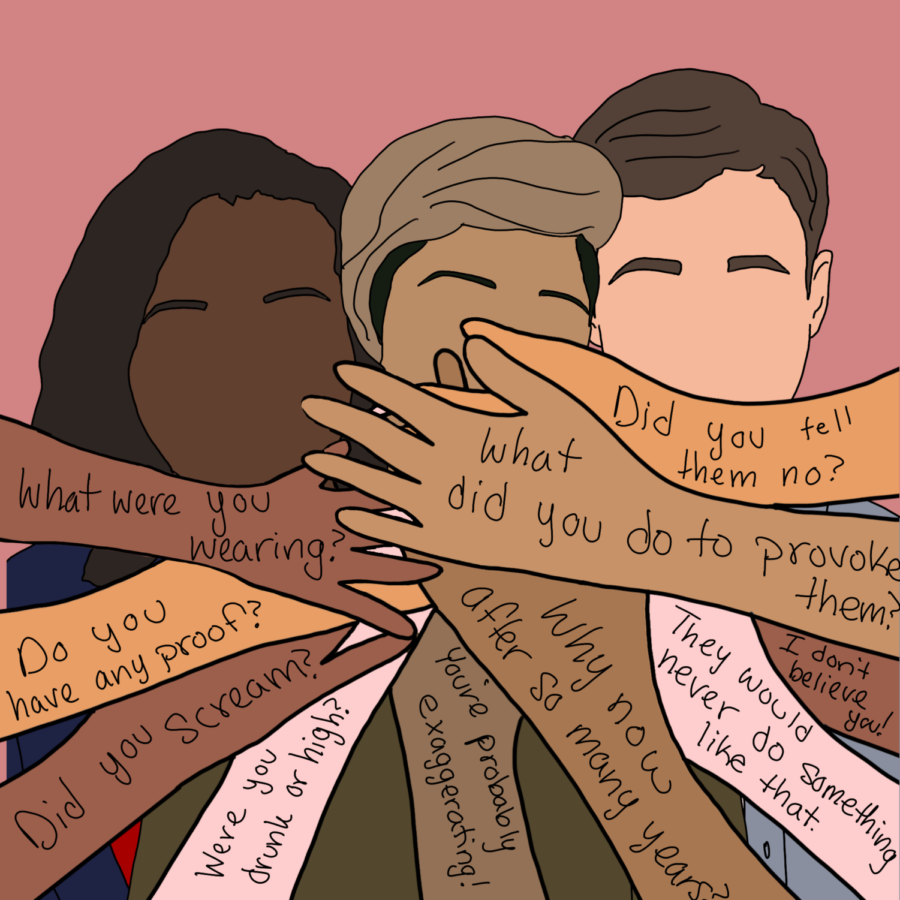(ThyBlackMan.com) When music lovers talk about the golden age of soul, Ben E. King’s name inevitably comes up — and for good reason. Best known for “Stand By Me,” King was more than just one immortal hit. His voice carried the warmth and quiet strength that defined an entire generation of soul and R&B, yet his catalog still holds surprises that deserve another listen today.
From beloved classics to deep cuts that showcase his versatility, these eight songs capture the heart of King’s legacy: honest storytelling, effortless romance, and melodies that stand the test of time. Whether you’re a lifelong fan or discovering him for the first time, these tracks are reminders of why Ben E. King’s voice continues to resonate with listeners of every age.

1. Stand By Me
There’s no way to talk about Ben E. King without starting with “Stand By Me.” Released in 1961, this song isn’t just a career-defining hit — it’s an American classic that’s been covered countless times and woven into the fabric of pop culture. From movies to commercials to wedding playlists, “Stand By Me” feels immortal. It’s the kind of song that grandparents, parents, and children can all sing together without missing a beat.
What makes this track so enduring is its simplicity paired with its deep emotional resonance. The arrangement — that instantly recognizable bassline, subtle percussion, and swelling strings — leaves room for King’s voice to shine. He sings with an unshakeable tenderness and strength, embodying the very message of loyalty and unwavering support. Each note feels like a promise kept, and that’s why people keep turning to it, generation after generation.
There’s also something quietly revolutionary about its message. At a time when the world was in flux — the Civil Rights era just beginning to roar — “Stand By Me” offered a musical shelter. It felt like a prayer for unity and solidarity in the face of life’s storms. The gospel roots are right there in the DNA of the song, with a subtle church-like call-and-response feel that makes you want to sway along.
Listening to “Stand By Me” today is like reconnecting with an old friend. It’s a reminder of the universal desire for companionship through life’s storms. The song’s timeless message hits differently in every era — whether you’re standing by a partner, a friend, your community, or even yourself during hard times, it feels like an anthem of solidarity. Add this to your playlist when you need reassurance or want to remind yourself that you’re not alone. It’s more than nostalgia — “Stand By Me” is living proof that a simple, honest song can stand the test of time and feel just as powerful as the day it was recorded.
2. Spanish Harlem
“Spanish Harlem” is where Ben E. King’s solo magic really bloomed. Written by Jerry Leiber and Phil Spector, the song was King’s first solo hit after leaving The Drifters, and it captures the dreamy romanticism that defined so much of his early work. It’s the kind of song that makes you want to wander through a city neighborhood at dusk, watching lights flicker on and life unfold.
The song is a love letter to a neighborhood and a muse, built around poetic imagery: “There is a rose in Spanish Harlem / A red rose up in Spanish Harlem.” The lush arrangement, with its gentle maracas, plucked strings, and King’s velvet voice, creates a sense of strolling down a sunlit street with the scent of roses in the air. That iconic intro instantly transports you — it’s cinematic, almost like the opening scene of a romance film set in New York City.
King’s vocal on “Spanish Harlem” is warm yet slightly distant, as if he’s letting you peek into a secret daydream. It’s subtle but deeply evocative — one of those performances where every syllable sounds carefully placed but effortlessly delivered. The orchestration is a masterclass in restraint, never overpowering the intimacy of the melody.
What’s striking about “Spanish Harlem” today is how it invites you to slow down and soak in the moment. It’s a perfect example of King’s ability to turn a simple lyric into something cinematic. There’s a warmth in his delivery that makes you feel like you’re right there with him, seeing the rose bloom between concrete cracks. It’s a song best enjoyed on a quiet evening, maybe with a glass of wine and the window open to catch the breeze. “Spanish Harlem” is proof that romantic songs don’t always need grand declarations — sometimes, it’s the gentle ones that linger longest, whispering in your ear like an old memory you never want to lose.
3. I (Who Have Nothing)
If you ever doubted Ben E. King’s dramatic range, “I (Who Have Nothing)” will silence you. Originally an Italian ballad, the English version became one of King’s most stirring performances, showcasing his ability to channel raw vulnerability. While other singers have covered this classic — Shirley Bassey, Tom Jones, and even Luther Vandross — King’s take remains one of the most hauntingly honest.
The song is an emotional gut punch from the opening orchestral swell. King’s voice quivers with a mix of pride and desperation as he confesses his love for someone he cannot provide for materially. It’s the classic torch song narrative: the lover who has only his heart to give, overshadowed by another suitor’s wealth. His delivery feels like he’s torn between resignation and defiance, refusing to lie about his circumstances yet refusing to give up his love.
What’s remarkable is how King never lets the song tip into melodrama. There’s restraint in his performance — he delivers the heartbreaking lyrics with dignity, making the final lines hit all the harder. His phrasing is delicate but precise, letting the silences between words speak as loudly as the soaring crescendos. The orchestration supports him like a velvet curtain, lush but never distracting.
Play “I (Who Have Nothing)” when you want to feel something deep and cathartic. It’s a reminder that sometimes the most powerful declarations of love come from a place of honest inadequacy — and that raw truth is often more compelling than any grand gesture. This is a song that still gives goosebumps more than half a century later, proof that Ben E. King could turn heartbreak into an art form that resonates across generations.
4. Don’t Play That Song (You Lied)
“Don’t Play That Song (You Lied)” brings us a Ben E. King who’s a little sassier and more defiant than his usual romantic persona. Released in 1962, this track is a soulful groover that balances heartbreak with a danceable beat. From the first piano chords, you know you’re in for something that straddles the line between doo-wop bounce and full-throttle soul.
The brilliance of “Don’t Play That Song” is how it pairs upbeat piano riffs and lively backup vocals with lyrics about betrayal and heartbreak. King sings about hearing an old flame’s song on the radio and being instantly reminded of the lies and broken promises. It’s the timeless story of how music can haunt you with memories you’d rather forget. The melody sticks in your head, but the sting in the words makes you feel the ache of being blindsided by old feelings.
King’s delivery is both playful and biting. He’s angry, but there’s a swing in his phrasing that makes you want to sing along anyway. It’s like he’s airing out his grievances on the dance floor, turning pain into something you can groove to. Aretha Franklin famously covered this song later and brought her own gospel fire to it, but King’s original remains the gold standard for how to balance heartbreak and swagger in three minutes flat.
This is a perfect song for those moments when you want to wallow a little but still move on with a snap in your step. Add it to your playlist for a soulful spin on the classic “forget you” anthem. Whether you’re driving with the windows down or belting it out in your kitchen, “Don’t Play That Song” reminds you that sometimes the best revenge is to keep dancing, keep singing — and never let a lie take your joy.
5. Amor
“Amor” is a hidden gem in King’s catalog that reveals his versatility and his effortless ability to bridge musical worlds. Originally popularized in the 1940s as a Latin standard, this bilingual love ballad was reimagined through King’s smooth soul sensibility — and it’s astonishing how naturally he makes it his own. With “Amor,” King isn’t just covering a song; he’s extending an olive branch to another culture, and his warm respect for the melody shines through every note.
King’s phrasing is key here. He stretches out each syllable just enough to let the romance breathe, and the lush arrangement — with its swooning strings, gentle Latin percussion, and subtle guitar flourishes — feels like a moonlit serenade drifting through open windows on a summer night. His Spanish pronunciation is careful but unforced, adding a sense of authenticity that sets this version apart from countless other interpretations.
What makes “Amor” stand out today is how naturally it blends two musical identities. You can hear King’s R&B roots in the softness of his delivery, but there’s also an undeniable Latin soul vibe that would feel at home in a smoky Havana nightclub or a 1960s Manhattan lounge. It’s a masterclass in cultural crossover long before “crossover” was a marketing buzzword.
Spin this one when you want to invite something different to your romantic playlists. “Amor” pairs beautifully with candlelight and a slow dance, but it also works as the background to an intimate dinner. It reminds us that love songs are truly universal — and that Ben E. King was at his finest when he let his voice slip effortlessly across genres, wrapping listeners in warmth no matter what language he was singing in.
6. Supernatural Thing (Part 1)
“Supernatural Thing (Part 1)” is all the proof you need that Ben E. King could evolve with the times and still keep his musical integrity intact. Released in 1975, the song was a surprise comeback hit for King, taking him into the heart of the disco and funk era with confidence and style. Decades later, it’s still one of his coolest, most danceable records — an irresistible blend of groove and charm.
From the opening seconds, you’re pulled in by that slinky bassline and wah-wah guitar — pure mid-‘70s soul-funk goodness. But it’s King’s vocal that makes the track magic. He doesn’t oversing; instead, he rides the groove with a sly grin, selling the idea of a love so good it must be out of this world. It’s playful, sexy, and just a little bit cheeky — a huge shift from the earnest ballads he’s best known for.
What’s especially fun about “Supernatural Thing” is that it feels like a jam session that never loses steam. The production layers shimmering strings, tight percussion, and those punchy horns without ever overshadowing King’s smooth delivery. You can practically see a dance floor packed with people moving in unison, collars wide and spirits high.
Add “Supernatural Thing (Part 1)” to your feel-good playlist for an instant mood boost. It still sounds fresh alongside modern funk revivalists like Bruno Mars or Anderson .Paak, proving that Ben E. King wasn’t afraid to shake things up and show a funkier side. It’s a reminder that behind the ballads was an artist who could make you move, groove, and smile all at once.
7. Young Boy Blues
“Young Boy Blues” is one of Ben E. King’s most underrated treasures — a snapshot of adolescent heartbreak captured with such honesty that it hits just as hard now as it did in the early ‘60s. In just a few verses, King paints the universal picture of teenage heartache: sleepless nights, silent tears, and the confusion of losing your first real love.
The song’s arrangement is classic early soul — swirling strings, gentle guitar lines, and a slow, steady beat that mirrors the heavy heart of its narrator. King’s voice is soft but unwavering, capturing that feeling of being young and convinced you’ll never recover from this moment. He sings like someone confessing his pain to the stars, hoping the night will somehow understand.
What makes “Young Boy Blues” special is how it refuses to rush the ache. King lets each line breathe, allowing the listener to step inside that memory of a love that seemed so big but ended too soon. There’s no anger, no bitterness — just a bittersweet acceptance that love can hurt, especially when you’re too young to see that life goes on.
This song resonates because we’ve all been there. We’ve all stared at the ceiling, replaying every word, wondering what went wrong. King turns that universal experience into a lullaby for the brokenhearted. Play “Young Boy Blues” when you’re feeling nostalgic or need a gentle reminder of how far you’ve come since your first heartbreak. It’s Ben E. King at his most tender — and a testament to his gift for turning personal pain into timeless art.
8. Ecstasy
Closing out this list is “Ecstasy,” a track that doesn’t get nearly enough love when people talk about Ben E. King’s catalog — yet it’s one of his most seductive performances. Released in the early ‘60s, “Ecstasy” lives up to its name: it’s dreamy, romantic, and just a touch hypnotic. If “Stand By Me” was King’s anthem of loyalty, “Ecstasy” is his whisper in the dark.
From the opening bars, the song floats like a gentle breeze. The orchestration is lush yet restrained, with subtle strings and backing harmonies that feel like a soft halo around King’s voice. He’s not belting here — he’s crooning in your ear, pulling you closer with every line. It’s the kind of performance that makes you lean in, hanging on every note.
What’s striking about “Ecstasy” today is how modern it feels. The vibe is intimate and timeless, making it easy to slip alongside contemporary slow jams from artists like Leon Bridges, Snoh Aalegra, or John Legend. It’s a reminder that King didn’t need to rely on vocal acrobatics to captivate — his subtlety was his superpower.
Play “Ecstasy” when you’re winding down after a long day, or when you want to set a mood that’s tender and warm. Light some candles, pour a glass of wine, and let King’s voice do what it does best: make you feel like he’s singing just for you. This song is a final, sweet reminder that Ben E. King’s legacy wasn’t built on one song alone — it was built on moments like these, where soul and sincerity become pure magic.
Ben E. King’s greatest gift was his ability to make soul music feel personal — like each song was a conversation between him and the listener alone. Decades later, these eight tracks prove that truly great songs never fade; they only deepen in meaning as they’re passed from one generation to the next.
Add these gems to your playlist, revisit the stories they tell, and let that unmistakable voice remind you of the enduring power of timeless soul. Because with artists like Ben E. King, the music doesn’t just stand by you — it lives with you.
Staff Writer; Jamar Jackson

















Leave a Reply